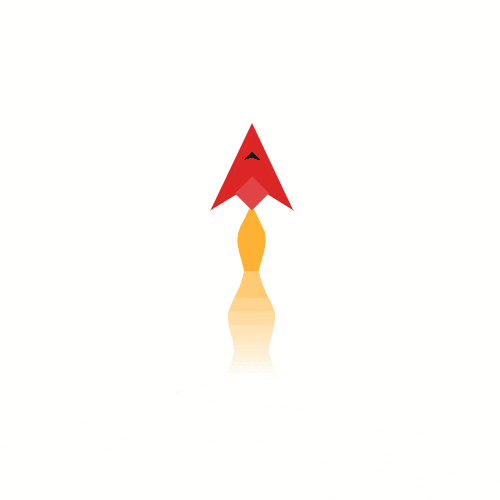

Theoretical, numerical and experimental studies are conducted on various aspects of fluid flow and flight mechanics; both at the fundamental level and applied as related to airplanes, helicopters, unmanned aerial systems, rockets, and missiles. The broad fields of study include
Subsonic, Transonic, Supersonic, Hypersonic, Rarefied Gas Flows
Boundary Layers and Stability of Flows, Turbulent Flows
Shock Tubes and Related Problems
Development of Algorithms and Code for Numerical Methods in Gas Dynamics and Computational Fluid Dynamics
Vortex Dynamics, Supersonic Mixing and Combustion
Optical Flow Diagnostics
Combustion driven shock tunnel: Flows can be generated at Mach number ranges between 5-12 with Enthalpy levels upto 6 MJ. Both reflected and straight modes are possible, and can be used to study moving shock problems.
Low density tunnel: Only one of its kind in South-East Asia and can simulate high altitude flow conditions covering continuum to transitional flow regimes.
Supersonic wind tunnels: Free jet facility that can operate at supersonic speeds ranging from Mach number of 1.5-3.6
Transonic wind tunnel: Induction type self-correcting tunnel that can operate at a Mach number range of 0.8-1.2
Compressor: A 2-stage reciprocating water cooled type compressor operated by a 90 kW motor with a maximum discharge of about 510 m3/hour
Air reservoirs: Three reservoirs with a capacity of 12 m3, with maximum pressure of 1750 kN/m2 Strut based mixing enhancement facility: Operates at supersonic mach number with the option to change test sections
Supersonic combustion facility
Cavity based flame holding facility
Facility for oscillatory combustion response of premixed flames
Diagnostic Techniques and Instruments
Particle image velocimetry
Doubled pulsed laser with power supplying unit
Three-Component Phase Doppler Particle Analyzer
Mixing studies by planar mie-scattering technique flow field studies in supersonic flow by schlieron and shadowgraph methods
Glow discharge visualization of low density free jets
Interferometric methods for shear stress measurements in low density jet impingement
Acetone and Iodine PILF for mixing concentration measurements
Spray PLIF for volume and spatial diameter distribution
Instruments